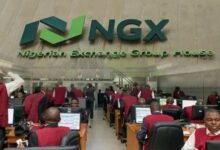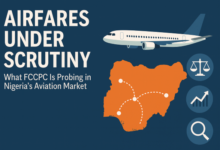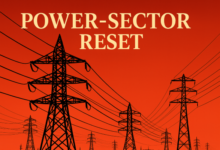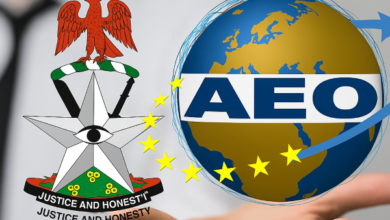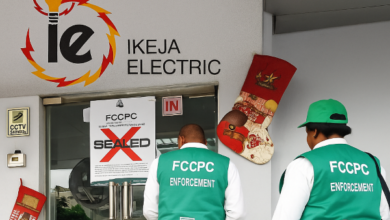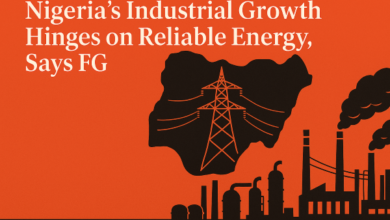SEC Flags TOFRO.COM Over Suspected Ponzi Scheme, Warns Nigerians to Steer Clear
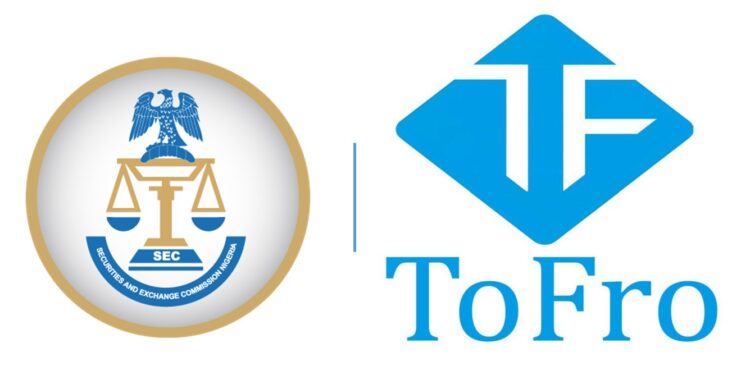
In another critical move to protect Nigerian investors from financial scams, the Securities and Exchange Commission (SEC) has issued a stern warning against TOFRO.COM, a cryptocurrency investment platform flagged for operating illegally and exhibiting signs of a Ponzi scheme.
In a public notice released on Thursday, SEC alerted the investing public that TOFRO.COM—popularly known as Tofro—has not been registered or licensed by the Commission to solicit investments or engage in any capital market activity in Nigeria.
According to SEC’s findings, the platform promises unusually high returns on cryptocurrency trading while aggressively using a referral-based structure to drive membership and sustain payouts—hallmarks of a typical Ponzi scheme. Even more troubling, the Commission noted that Tofro has failed to honour withdrawal requests from its subscribers, raising further red flags about its legitimacy.
“The Commission hereby informs the public that Tofro is NOT REGISTERED by the Commission either to solicit investments from the public or operate in any other capacity within the Nigerian capital market,” the notice read.
The Ponzi Pattern Persists
Tofro’s modus operandi is strikingly similar to other high-yield investment schemes that have collapsed in Nigeria in recent years, leaving scores of unsuspecting Nigerians financially devastated. The formula is familiar: promises of extraordinary profits, fast-tracked earnings, and exponential returns amplified through aggressive recruitment tactics.
These schemes often exploit economic hardship and the increasing appetite for crypto-related wealth generation, using buzzwords like “blockchain,” “AI trading,” and “automated profits” to appear legitimate and technologically sophisticated.
Regulatory Crackdown Amid Surging Crypto Adoption
Nigeria has seen an upsurge in crypto adoption, especially among the youth and small-time investors seeking alternatives to traditional finance. While this trend reflects a broader global shift toward decentralized finance, it also provides fertile ground for unscrupulous actors operating under the guise of innovation.
This latest development reinforces the SEC’s growing concern over unregulated digital investment platforms in Nigeria. In recent months, the Commission has taken a more proactive stance in identifying and exposing illegal operators, especially those taking advantage of gaps in investor education and regulatory oversight.
A Wake-Up Call for Retail Investors
The Tofro case serves as a timely reminder for Nigerian investors to exercise due diligence before committing their hard-earned money to any scheme—particularly those offering returns that appear too good to be true. As a rule of thumb, any investment that guarantees fast, high profits with little to no risk should raise suspicion.
The SEC has reiterated that any individual who chooses to invest with unregistered entities like Tofro does so at their own peril, as such ventures offer no investor protection under Nigerian law.
What Should Investors Do?
SEC urges the public to consult its official website or contact its offices to verify the legitimacy of any investment or trading platform. Investors are also encouraged to report suspicious schemes to the Commission to assist in ongoing efforts to cleanse the market of financial predators.
As Nigeria deepens its transition to a digital economy, regulatory vigilance and public awareness will be key to safeguarding the integrity of the financial system—and protecting citizens from falling prey to digital-era fraud.
“Accordingly, the public is strongly advised to be wary about investing with Tofro, as any person who places such investment with the entity, does so at his/her own risk.
“The Commission similarly reminds potential investors of the need to VERIFY the registration status of investment platforms via the Commission’s dedicated portal: www.sec.gov.ng/cmos before transacting with them.”
The SEC Director-General, Emomotimi Agama, had said it Nigerians need to understand the dangers of putting their hard-earned money into ventures not registered or regulated by the SEC.



